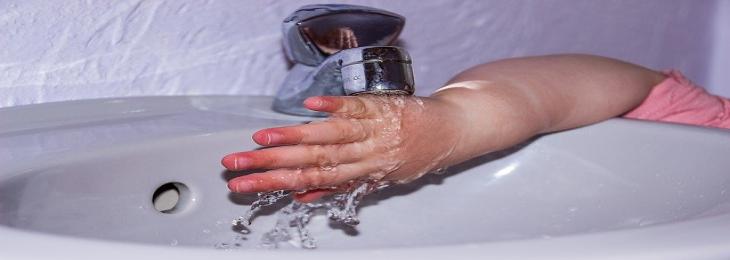Staying Too Hygienic Does Not Weaken Childhood Immunity
Mar, 2022 - By SMI

Share
According to a new study, this theory should get concealed that western society is very clean, which impairs the immune system in children.
The ‘hygiene hypothesis’ in medicine states that childhood exposure to certain microorganisms contributes to the improvisation of the immune system and protects against many allergic diseases. A study conducted by researchers at University College London and the London School of Hygiene and Tropical Medicine discarded this statement and said that being clean and hygienic can not impair childhood immunity. However, there is a public opinion that 21st-century Western society is very clean, which means that newborns and young children are less exposed to germs from the beginning and therefore unresisting to allergies.
Allergy and Clinical Immunology journal published a paper in which researchers cite four main reasons why they disprove this theory and conclude that “we are not too clean for our own good”. The lead author of this study Prof. Graham Rook (Professor of Medical Microbiology) said that early life exposure to microorganisms is necessary for the education of the metabolic and immune system. The microorganisms that contribute to your skin, airways, and intestines can play an important role in maintaining your health in old age. Thus, it is imperative that we came in contact with these helpful microorganisms, which we mainly get from the natural environment, our family members, and our mother.
Researchers cite the following four main factors while reviewing the evidence:
- First of all, there are a significant number of microorganisms found in modern homes that you do not need for immunity.
- The second thing is the vaccine. It not only protects us from the infection they are targeting but also helps boost our immune system, so we now know that we do not have to risk death from exposure to germs.
- Third, we now have solid evidence that microorganisms in the natural green environment are particularly important to our health. Domestic hygiene and cleaning have no effect on our exposure to the natural environment.
- Lastly, recent research has shown that when epidemiologists find a link between home hygiene and health problems such as allergies, it is most likely caused not by expulsion, but by exposure to lung cleaning products.
Share
Stratagem Market Insights
533 Airport Boulevard, Suite 400, Burlingame, CA 94010, United States
Delivery Center
403, 4th Floor, Bremen Business Center
Aundh, Pune, Maharashtra 411007
India
